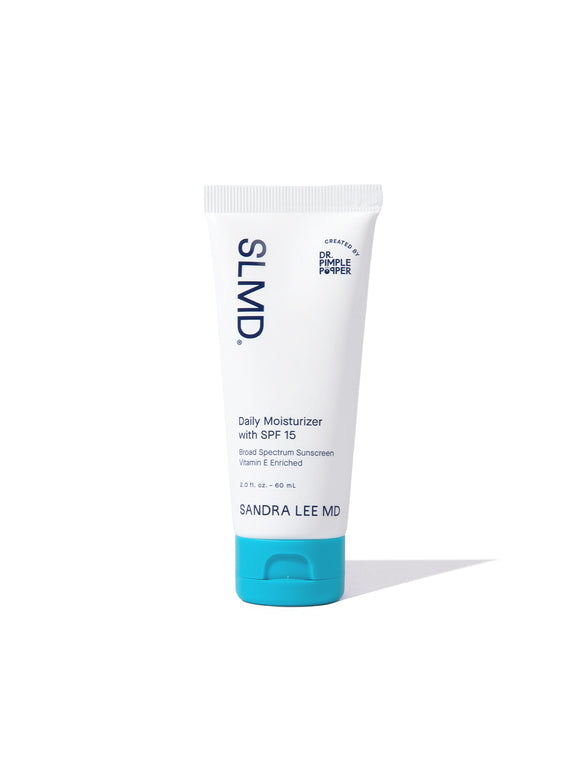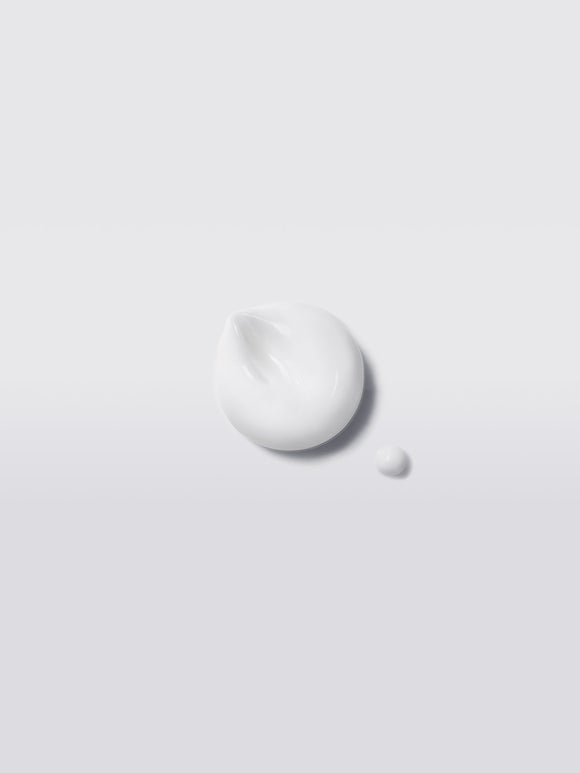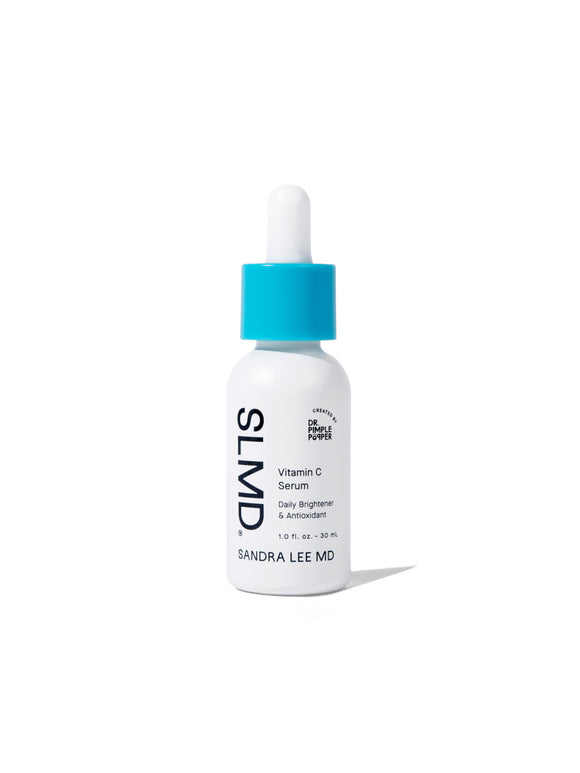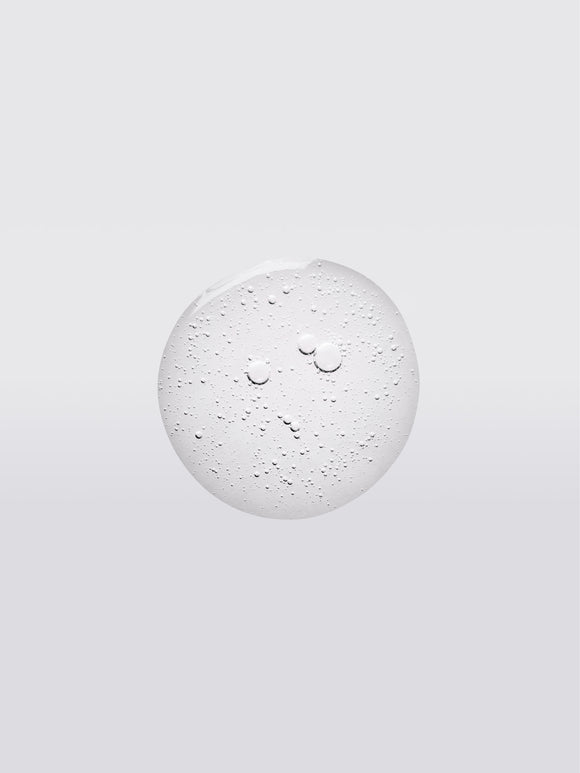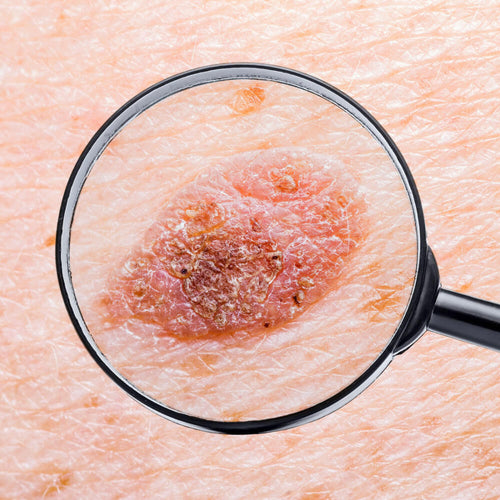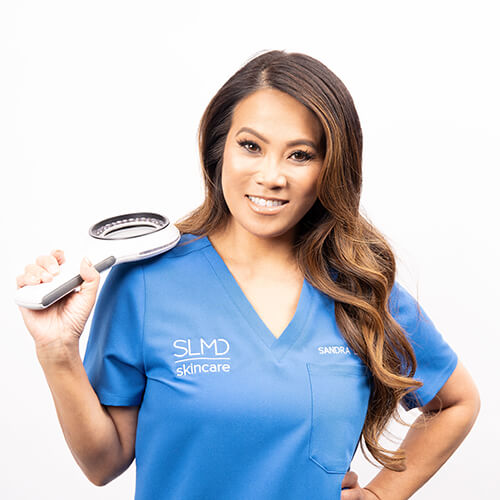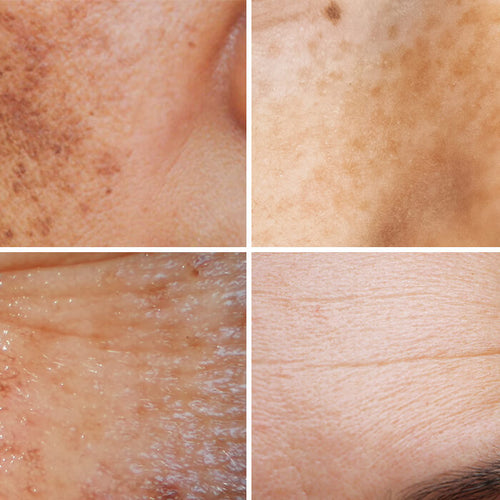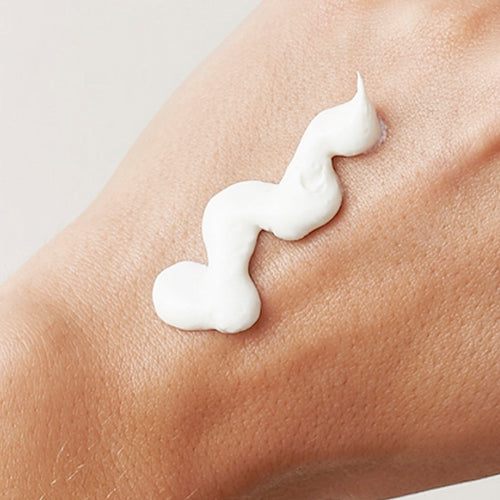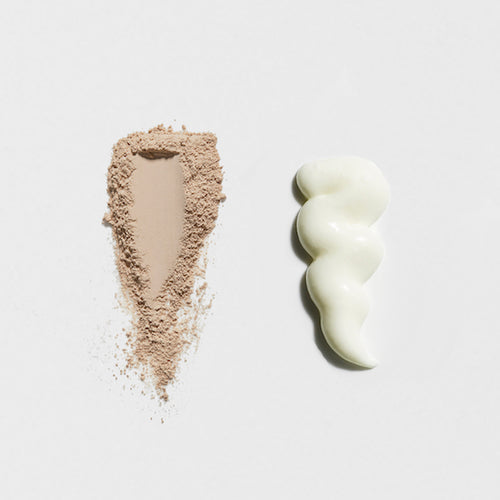
Yes, You Still Need SPF (Even If You Have Dark Skin)
All skin tones need sunscreen, says Dr. Pimple Popper — here's why, and how to choose one that's right for you.
Published:
2 minute read
When it comes to sunscreen, there’s still a lot of confusion — especially around who really needs it. But according to board-certified dermatologist Sandra Lee, MD (aka Dr. Pimple Popper), sun protection is essential for everyone, even those with melanin-rich skin.
In this dermatologist-developed guide, we’re breaking down what dermatologists want everyone — from fair to dark skin tones — to understand about sunscreen: why it matters, how to choose the right formula, and what to know about vitamin D.
Why sunscreen matters for all skin tones
People with darker skin tones have more melanin, which helps absorb some UV rays — but that doesn’t mean they’re immune to sun damage. And those with fairer skin are more likely to burn — but may not always use sunscreen consistently either.
Here’s why dermatologists recommend sunscreen for everyone:
- UV radiation penetrates deep into all skin types, causing long-term damage.
- Sun exposure worsens hyperpigmentation — a concern for many people with darker skin tones.
- Skin cancer can affect anyone — and is often diagnosed later in people of color, making it harder to treat.
- Premature aging — including fine lines, wrinkles, and dark spots — is accelerated by sun exposure regardless of skin tone.
What about vitamin D?
It’s true that melanin can reduce vitamin D production from sunlight. But sunscreen use in real life doesn’t block all UVB rays — and most people don’t apply enough to stop vitamin D synthesis entirely.
If you’re concerned about deficiency, talk to your doctor about testing and supplementation. “Vitamin D is important — but you don’t have to sacrifice your skin to get it,” says Dr. Lee.
Dr. Pimple Popper's Sun Smart Solutions
How to choose the right sunscreen for your skin
Finding a sunscreen that works with your skin tone and texture makes it easier to stay consistent. Look for:
- Broad-spectrum SPF 15 or higher
- Hydrating formulas with lightweight, non-comedogenic ingredients
- Tinted or sheer finishes to avoid white cast on darker skin tones
Try: SLMD Daily Moisturizer with SPF 15 — a dermatologist-developed formula that hydrates and protects without residue.
Sunscreen tips for every skin tone
- Apply every morning, even on cloudy days or when staying indoors.
- Use enough sunscreen — about a nickel-sized amount for your face, and don’t forget your ears, neck, and hands.
- Reapply every 2 hours when outdoors or after sweating or swimming.
- Cover often-missed spots, like the tops of feet, hairline, and behind the ears.
- Pair with antioxidants like vitamin C to help neutralize free radicals and support overall skin health.
FAQs: sunscreen for every skin tone
Q: Do people with dark skin really need sunscreen?
A: Yes. While melanin offers some UV protection, it’s not enough to prevent sun damage, premature aging, or skin cancer. Everyone needs daily sun protection.
Q: What SPF should I use on my skin tone?
A: Dermatologists recommend SPF 15 or higher for daily wear — and SPF 30+ for prolonged outdoor exposure, regardless of your complexion.
Q: Can sunscreen cause vitamin D deficiency?
A: It’s unlikely. Most people don’t apply enough sunscreen to fully block UVB rays. If you’re concerned, consult your doctor about safe supplement options.
Q: What’s the best sunscreen for darker skin tones?
A: Choose one that’s non-comedogenic, broad-spectrum, and leaves no white cast — like a tinted or sheer formula that blends well.
Q: Is sunscreen really necessary if I don’t burn easily?
A: Absolutely. Even if you rarely burn, UV rays still damage skin over time, contributing to hyperpigmentation, aging, and cancer risk.

Dr. Lee's Last Word
Sunscreen isn’t just for the beach — it’s a daily essential. No matter your skin tone, wearing SPF protects your skin from long-term damage. Your skin deserves that care — every single day.



